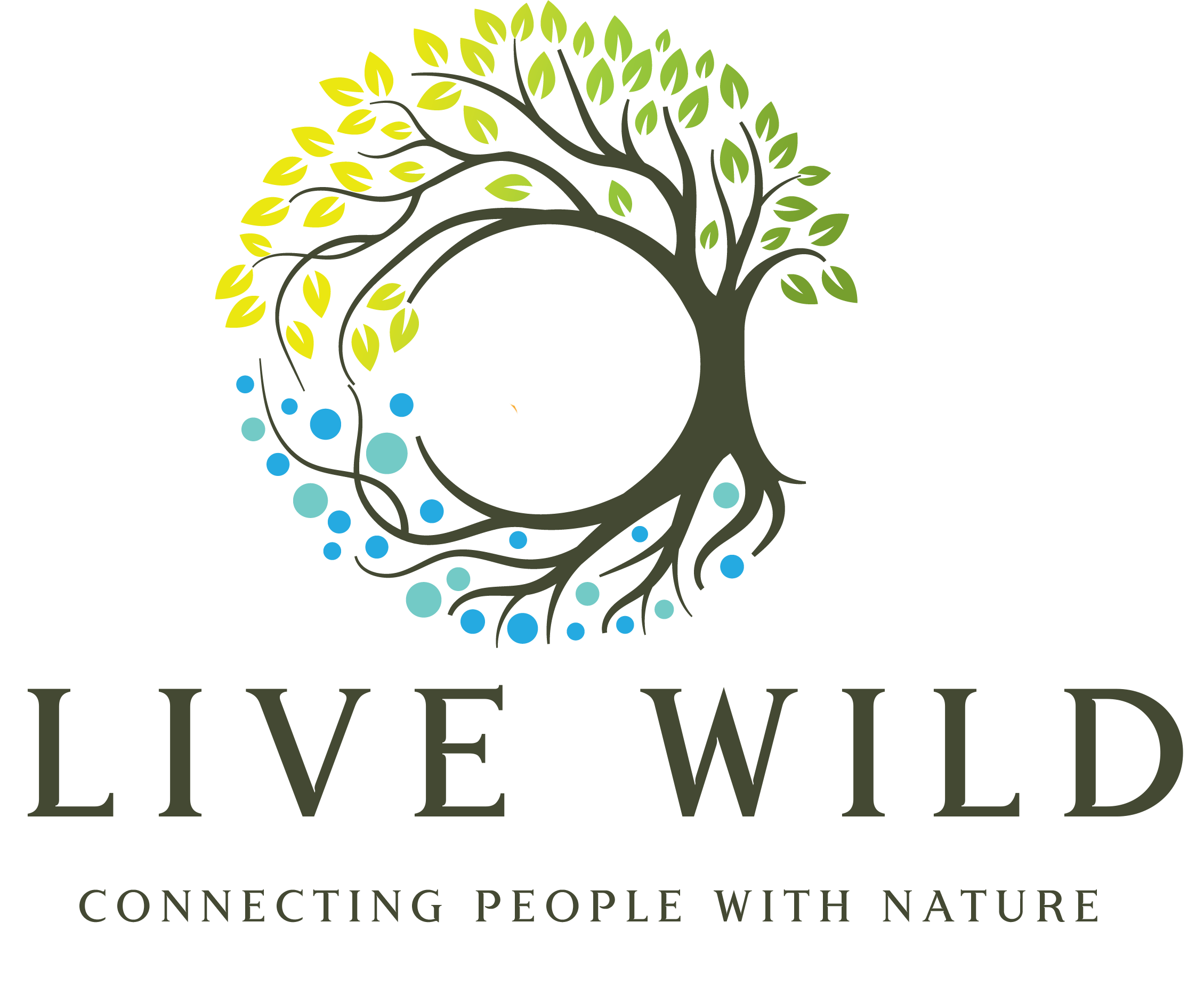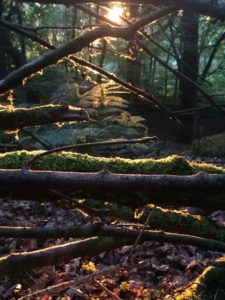Ever since the 1960’s people have been exploring the wilderness experience and how ‘mind’ and ‘nature’ interact but it was in the early 90s that Theodore Roszak coined the term Ecopsychology and we started seeing it in the therapeutic field.
In the past two decades due to excellent research outcomes and the advancement in understanding around neuroscience, trauma, somatic understanding and the connection between our mental health and the natural environment, Ecotherapy has become increasingly acknowledged to be an effective and suitable intervention for meeting and responding to the mental health needs of both children and adults.
What is Eco-therapy?
Eco-therapy stems from the belief that people are part of the web of life and that our psyches are not isolated or separate from our environment.
Ecotherapy sessions provide the opportunity for a person to understand themselves more deeply. In an inspiring natural setting, they can connect to and talk about feelings and responses to themselves and the natural world, their experiences at home, past trauma and anything else that arises but it also offers a wider range of possibilities for embodying and expressing difficult and complicated emotions and is not solely dependent on talking.
The outdoor setting is the perfect place to explore physical, emotional and spiritual boundaries.
Through creating a safe container the Eco-therapist supports the individual to build a sense of connection, belonging, purpose, meaning and resilience through expanding their relationships to the world around them. This might be through sensory activities, mindfulness and conscious communication practices but also through physical activities like learning to build fires, using tools, building shelters or connecting with bird song or edible plants etc.
Eco-therapy is a good choice for anyone who has experienced past trauma, anxiety, stress, abuse and mental health difficulties as it builds sustainable and transferable life skills and techniques and a fully embodied knowledge of the therapeutic benefit of time in nature which can be accessed in any natural setting throughout life.
Working with Children
As child experiences and knowledge are often communicated through play and movement, their time in nature can become an integral way for them to know and accept themselves and their story
Eco-therapy provides a way for them to express their experiences and feelings through a natural, adult-facilitated process that involves opportunities for child-led, self-healing activities as well as containment and supported exploration and processing. Attuning with the child, the therapist will support them to explore feelings, needs and responses and introduce language through modelling and a process of reflection and mirroring. Rhythm and structure within the sessions create the opportunity to build trust and promote a more coherent strategy for the therapist, over-time, to help the child to put words to their story, where appropriate.
Sessions
Sessions vary depending on the age of the person/people, the weather, the season and the setting but they always include opportunities to explore feelings and needs through talking as well as through movement or play and practical nature-based skills and activities. Group sessions can be run by members of the Live Wild Team
Contact
Email info@livewild.org.uk

